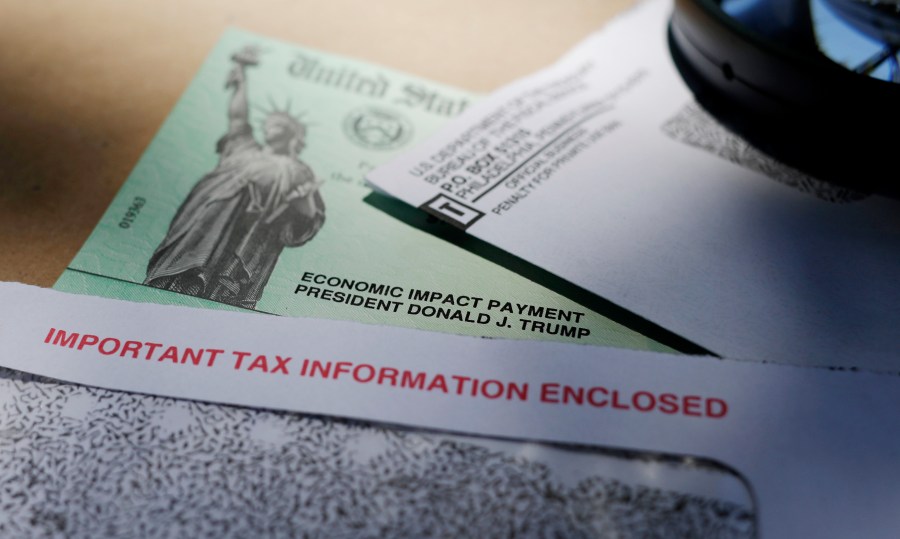WASHINGTON (News Nation) — Top Republicans in Congress met Monday with President Donald Trump at the White House on the next financial aid package as many states across the country are continuing to see COVID-19 cases and deaths.
Lawmakers returned on Monday to a Capitol still off-limits to tourists.

Senate Majority Leader Mitch McConnell was prepared to roll out the $1 trillion package in a matter of days. But the Associated Press has reported the Trump administration is asking for more virus testing money and other priorities.
McConnell and House GOP leader Kevin McCarthy met with Trump and Treasury Secretary Steven Mnuchin.
“We’ve made a lot of progress,” Trump said as the meeting got underway in the Oval Office.
The Democratically-controlled House already approved Pelosi’s sweeping $3 trillion effort.
The package from McConnell isn’t public, but the Associated Press reported it’s expected to include $75 billion to help schools reopen, reduced unemployment benefits alongside a fresh round of direct $1,200 cash payments to Americans, and a five-year liability shield against coronavirus lawsuits for businesses.
The White House is looking at $25 billion in proposed new funds for testing and tracing, said one Republican familiar with the discussions. The president is also pushing for a payroll tax break, which was being seriously considered, said another Republican. Both spoke to the Associated Press on the condition of anonymity to discuss the private talks.
In the past, Senate Republicans had opposed the payroll tax break as an insufficient response to millions of out-of-work Americans, especially as they tried to keep the total price tag of the aid package at no more than $1 trillion.
Trump said Sunday in the Fox News interview that he would consider not signing any bill unless it included the payroll tax break.
Senate Democratic Leader Chuck Schumer warned Monday his side will block any effort from McConnell that falls short.
“We will stand together again if we must,” Schumer said in a letter to colleagues.

The first round of virus aid is running out.
A federal $600-a-week boost to regular unemployment benefits is going to expire at the end of the month. So will the federal ban on evictions on millions of rental units.
With 17 straight weeks of unemployment claims topping 1 million — usually about 200,000 — many households were facing a cash crunch and losing employer-backed health insurance coverage.
Pelosi’s bill, approved in May, included $75 billion for testing and tracing to try to get a handle on the virus spread, funneled $100 billion to schools to safely reopen and called for $1 trillion to be sent to cash-strapped states to pay essential workers and prevent layoffs. The measure would give cash stipends to Americans, and bolster rental and mortgage and other safety net protections.







